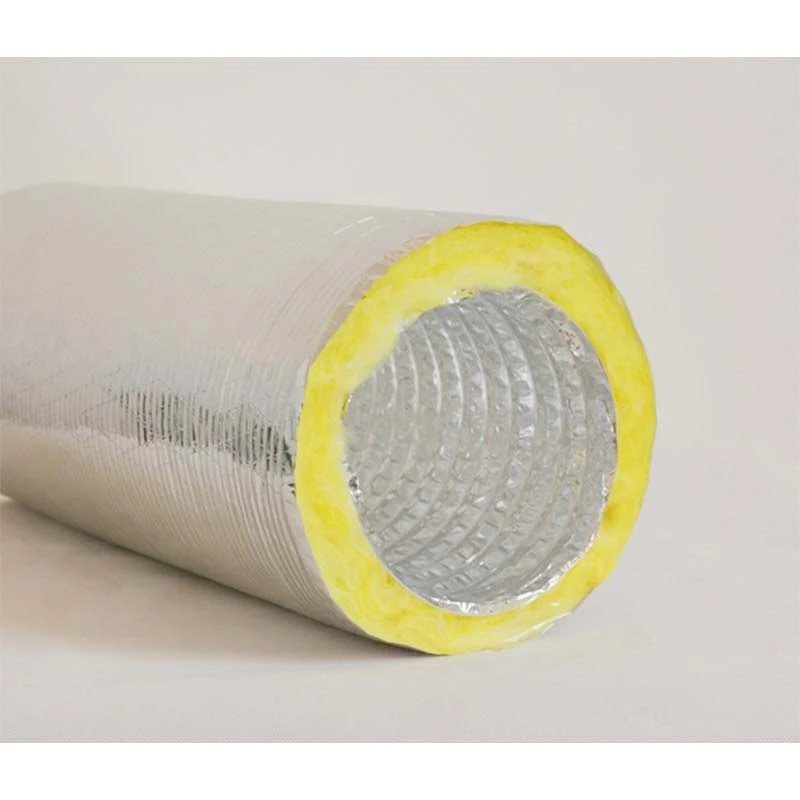Choosing the Right High-Pressure LPG Hose for Your Needs
Understanding High Pressure LPG Hoses Importance, Applications, and Safety
Liquefied Petroleum Gas (LPG) is a widely used fuel in various applications, including residential heating, cooking, and powering vehicles. The safe transport of LPG necessitates high-quality equipment, particularly hoses that can withstand high pressures. High pressure LPG hoses play a crucial role in the efficiency and safety of LPG systems, be it in industrial applications or household use.
What is a High Pressure LPG Hose?
A high pressure LPG hose is specifically designed to handle the transportation of LPG at elevated pressures. These hoses are typically made from durable materials such as rubber, reinforced with layers of textile fibers or steel to prevent bursting and leakage. The ability to withstand high pressure is essential because LPG can remain in a liquid state under pressure. When pressure is released, it vaporizes, and any leaks can lead to catastrophic incidents, including explosions or fires.
Key Features of High Pressure LPG Hoses
1. Material Composition The hoses are often made from synthetic rubber or thermoplastic materials that are resistant to both high pressure and chemical interactions with LPG. This durability is essential for ensuring a long lifespan.
2. Reinforcement High pressure hoses are frequently reinforced with braided steel or textile layers. This structure not only increases the hose's pressure rating but also improves its flexibility and movement, allowing it to be used in various applications without kinking or collapsing.
3. Temperature Resistance These hoses are typically designed to operate within a broad temperature range, handling extreme temperatures without compromising integrity. This feature is crucial, as LPG systems may be subjected to varying environmental conditions.
4. Safety Standards High pressure LPG hoses must meet specific safety standards and regulatory requirements. This includes tests for burst pressure, flexibility, and resistance to aging. Proper certification ensures that the hoses are safe for commercial and domestic use.
Applications of High Pressure LPG Hoses
high pressure lpg hose

High pressure LPG hoses are utilized in various applications, including
- Industrial Use In factories and manufacturing plants, LPG is often used as a fuel source for burners and heating equipment. High pressure hoses are integral to these systems, providing a reliable and safe connection to LPG supply sources.
- Food Industry Many restaurants and food processing plants rely on LPG for cooking and heating. Using high pressure hoses helps maintain a consistent supply of gas, ensuring efficient operations.
- Automotive LPG is increasingly used as an alternative fuel in vehicles. High pressure hoses are critical for the proper functioning of LPG systems in cars, ensuring safe and efficient delivery of gas to the engine.
- Residential Use Home heating systems and outdoor grills commonly use LPG, with high pressure hoses connecting tanks to appliances, ensuring a steady and safe fuel supply.
Safety Considerations
The importance of safety cannot be overstated when dealing with high pressure LPG hoses. Routine inspections are essential to identify any signs of wear, cracks, or leaks. Users should also follow proper procedures when connecting and disconnecting hoses, always ensuring that valves are appropriately adjusted and secure.
In addition to regular maintenance, it is crucial to use hoses that are specifically rated for LPG applications. Mixing hoses with different pressure ratings or chemical compatibilities can lead to hazards. Training staff on safe handling practices and emergency procedures further enhances safety in LPG operations.
Conclusion
High pressure LPG hoses are indispensable in many sectors, providing a safe and efficient means of transporting liquefied petroleum gas. By focusing on material quality, proper maintenance, and adherence to safety standards, users can ensure a safe environment while benefiting from the versatility and efficiency that LPG offers. Understanding these hoses and their applications is essential for anyone involved in LPG-related activities, whether commercially or domestically.
-
Top Quality Oxy Acetylene Hoses for Sale Fit for Welding DemandsNewsJul.28,2025
-
The Future of Pneumatic Air Tubes in IndustryNewsJul.28,2025
-
Superior and Reliable LPG Hose Pipe Solutions for Every NeedNewsJul.28,2025
-
Exceptionally Durable and Versatile Premium Braided PVC TubingNewsJul.28,2025
-
Best Adapters for Connecting Garden Hose to PVC Pipe ConnectionsNewsJul.28,2025
-
The Essential Role of LPG Hoses in Safe and Efficient Gas DistributionNewsJul.16,2025














